INEC Under Fire: Nigeria's Electoral Integrity Sparks Reform Outcry
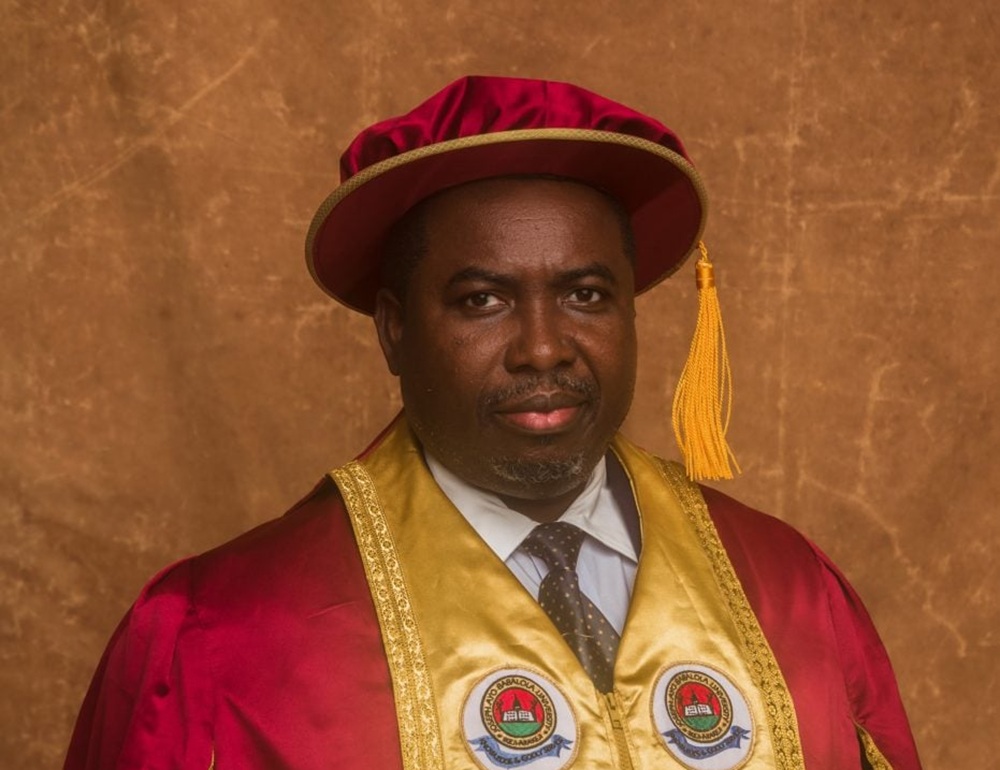
The Independent National Electoral Commission (INEC) has entered a pivotal phase under the leadership of Professor Joash Ojo Amupitan (SAN), who was sworn in by President Bola Tinubu as the Commission’s sixth substantive chairman in Abuja. His appointment has drawn both optimism and scrutiny, with the Inter-Party Advisory Council (IPAC) and several civil society organisations (CSOs) urging him to consolidate the landmark reforms introduced by his predecessor, Professor Mahmood Yakubu.
In his inaugural address, Amupitan pledged unwavering commitment to “integrity, transparency, and discipline,” emphasizing that the upcoming Anambra governorship election in November will serve as the first major test of his leadership.
Under Professor Mahmood Yakubu’s decade-long tenure, INEC underwent a technological transformation that reshaped Nigeria’s democratic process. Key reforms included the introduction of the Bimodal Voter Accreditation System (BVAS), the INEC Result Viewing Portal (IReV), and the digitalization of candidate nominations and voter registration. These innovations significantly enhanced electoral transparency, reducing incidents of multiple voting and inflated registers.
Alhaji Yusuf Dantalle, IPAC National Chairman, lauded Yakubu’s administration for ensuring that “votes truly counted,” while Chief Ezenwa Nwagwu, Executive Director of Partners for Electoral Reform (P4E), highlighted the nomination portal’s role in curbing political manipulation. Yakubu also strengthened internal governance, expanded stakeholder consultations, and introduced gender-sensitive policies, such as establishing a crèche at INEC headquarters to support nursing mothers.
Yet, challenges persist. Hon. Dino Olayoku, IPAC’s Deputy National Chairman, criticized the lack of accountability for electoral offenses, warning that impunity continues to erode confidence in the system. Similarly, Faith Nwadishi, Executive Director of the Centre for Transparency Advocacy (CTA), expressed concern over recurring issues such as vote-buying, voter intimidation, and security threats. She argued that while technology has strengthened elections, true reform demands “political honesty and institutional courage.”
Academic experts echo this sentiment. Professor Emmanuel Aiyede of the University of Ibadan emphasized that the future of Nigeria’s democracy rests not only on innovation but also on institutional integrity. He stressed that political parties must uphold internal democracy, the judiciary must enforce electoral justice, and citizens must protect the sanctity of their votes.
Meanwhile, the Nigerian Senate is debating amendments to the Electoral Act aimed at reinforcing electoral credibility. Proposals under review include moving general elections to November or December to allow for pre-inauguration dispute resolution and shifting the burden of proof in petitions to INEC. Samson Itodo, Executive Director of Yiaga Africa, endorsed these measures and called for early voting for journalists, security personnel, and possibly inmates — aligning with global democratic standards.
During the debate, Senator Adams Oshiomhole of Edo North issued a fiery appeal for moral reform among politicians, warning against arming youths and manipulating elections. Senate President Godswill Akpabio acknowledged notable progress since 2007 but admitted that loopholes remain, stressing that future amendments must close judicial and procedural gaps that enable electoral malpractice.
As Amupitan assumes leadership, the consensus among observers is clear: sustaining Yakubu’s digital legacy is not enough. The real test lies in addressing operational bottlenecks, improving staff professionalism, and nurturing a culture of accountability across all political actors. Nigeria’s path toward credible elections will depend on whether institutions, not individuals, become the true custodians of its democracy.
Recommended Articles
New Era: Tinubu Inaugurates Amupitan, Charges INEC on Electoral Integrity
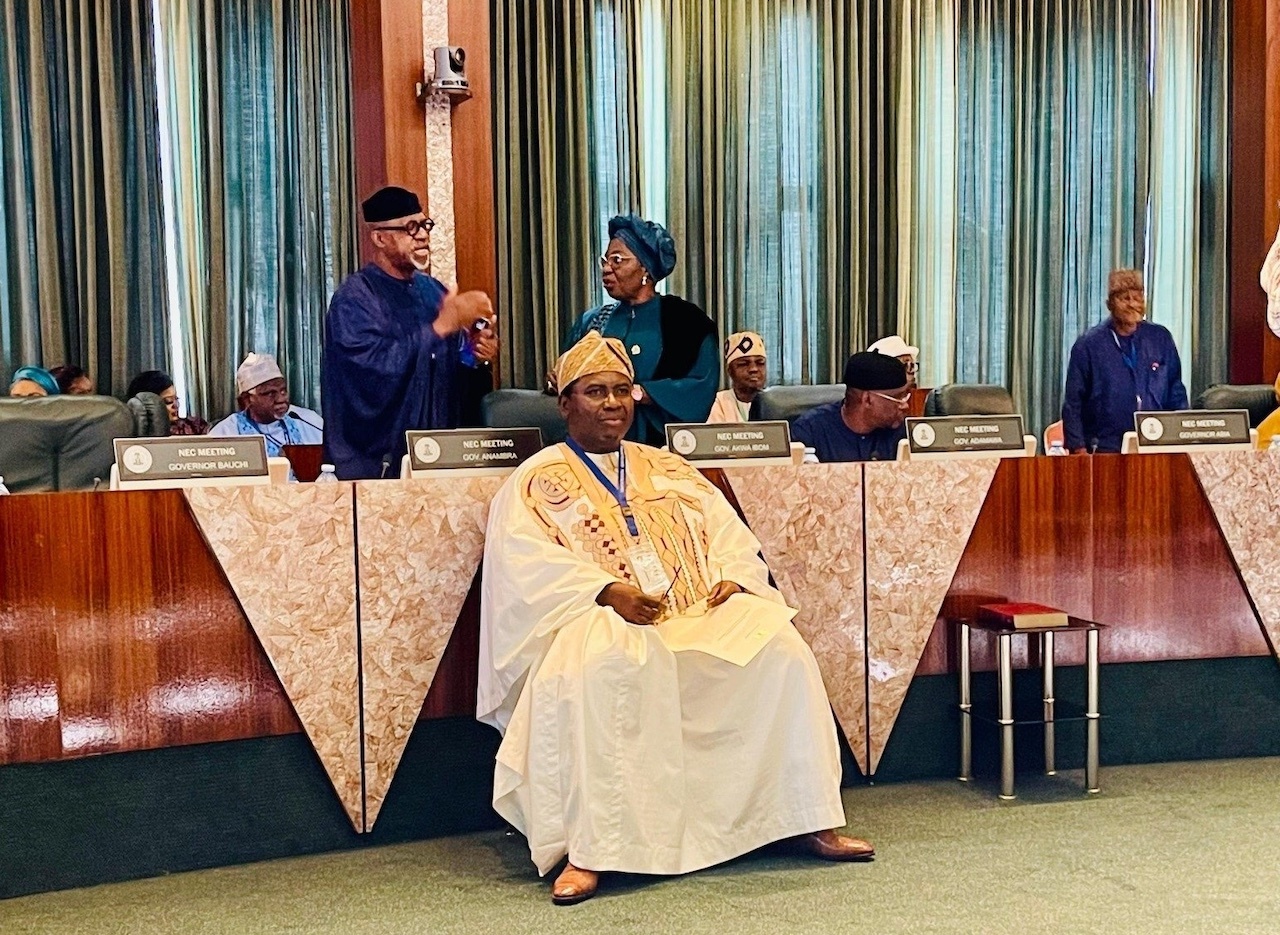
Professor Joash Amupitan has been sworn in as the new INEC Chairman, with President Bola Tinubu tasking him to ensure fr...
Senate Advances Key Electoral Bill to Ensure Credible Future Elections

Nigeria's Senate has passed the Electoral Bill 2025 for a second reading, aiming to repeal the 2022 Act and significantl...
New INEC Chairman Amupitan Vows to Audit IReV and Champion Independent Elections
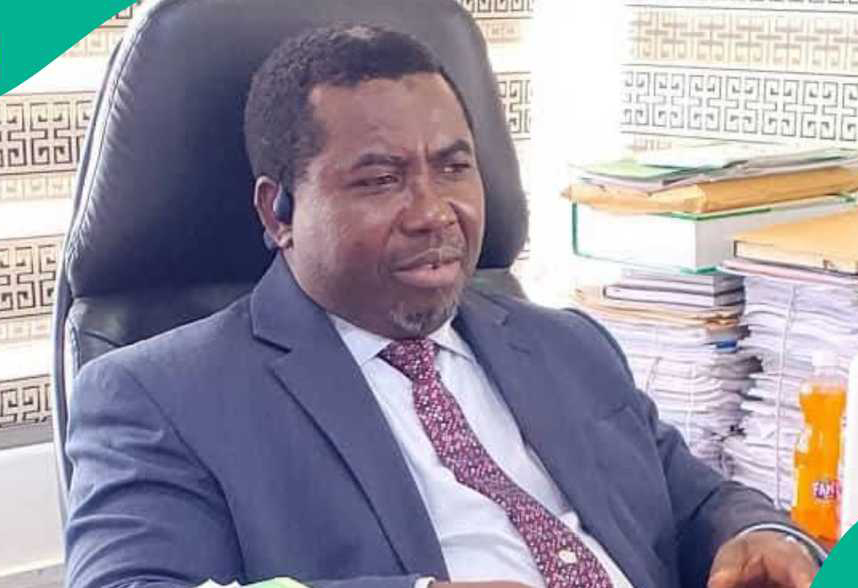
Nigeria's Senate has confirmed Professor Joash Ojo Amupitan (SAN) as the new INEC Chairman, who pledges to build a peopl...
Blockchain: The Unanswered Question in Nigerian Election Integrity?

The recent Nigerian general elections have been marred by credibility issues, as highlighted by the EU Election Observat...
Political Heavyweights Demand INEC Election Reforms
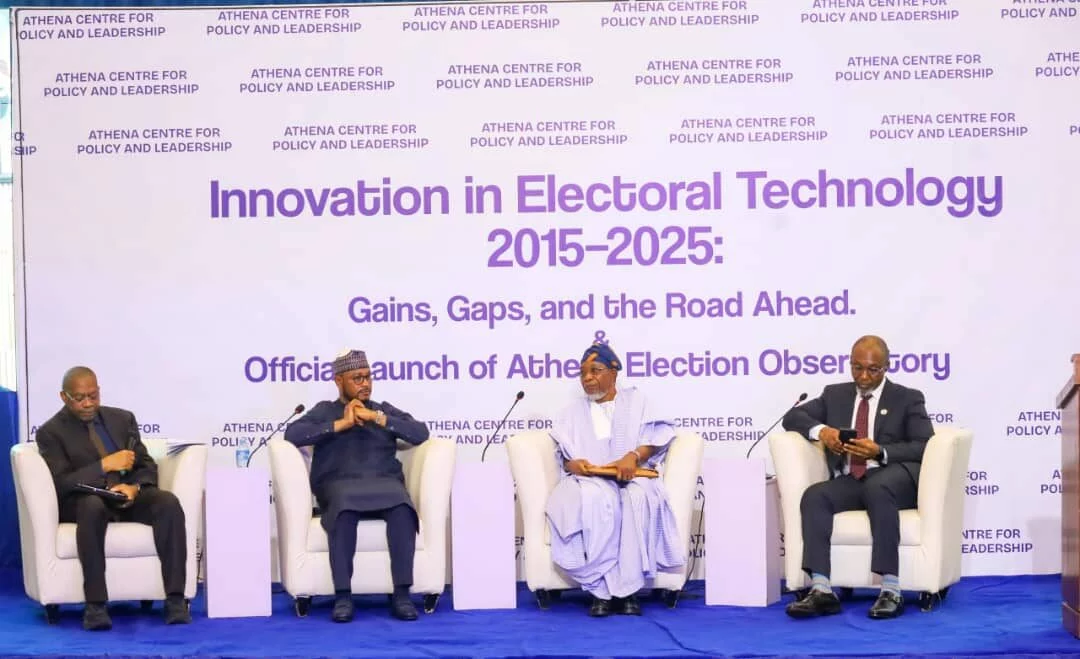
Political leaders and experts at a national dialogue in Abuja have called for the Independent National Electoral Commiss...
You may also like...
Digital Portfolios Are the New Business Cards; Here’s How to Build One That Gets Seen

In today’s digital-first economy, your online portfolio is your handshake, résumé, and elevator pitch rolled into one. H...
Career Pivoting: Why Changing Paths Might Be the Smartest Move You Make

In a world where stability often overshadows fulfillment, career pivoting may be the smartest move for professionals se...
Why Your First Failure Might Be the Best Thing That Ever Happened to Your Business
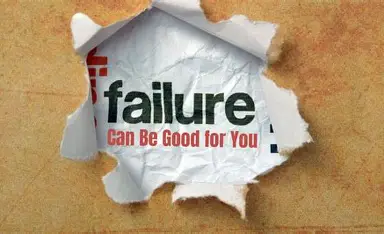
Failure isn’t the end of entrepreneurship, it’s the education success never gives. Here’s why your first business collap...
Consumerism vs Culture: Is Africa Trading Values for Trendy Lifestyles?

Is Africa trading its cultural values for trendy lifestyles? Explore how consumerism, foreign brands, and social media p...
The War on Boys: Are African Male Being Left Behind in Gender Conversations

Why are African boys and men often left out of gender empowerment programs? Explore how emotional suppression, lack of m...
Pay Slip, Motivation Slips: The Silent Crisis Among the Working Class

Across Nigeria, millions of workers are trapped in jobs that pay just enough to survive but too little to live. Beneath ...
Premier League's Unsung Heroes: Bournemouth, Sunderland, and Tottenham Shockingly Exceed Expectations

This Premier League season sees teams like Bournemouth, Sunderland, and Tottenham exceeding expectations. Under Thomas F...
El Clasico Fury: Yamal Controversy and Refereeing Blunders Ignite Post-Match Debates
)
Real Madrid secured a 2-1 El Clasico victory over Barcelona amidst significant controversy surrounding a late penalty de...